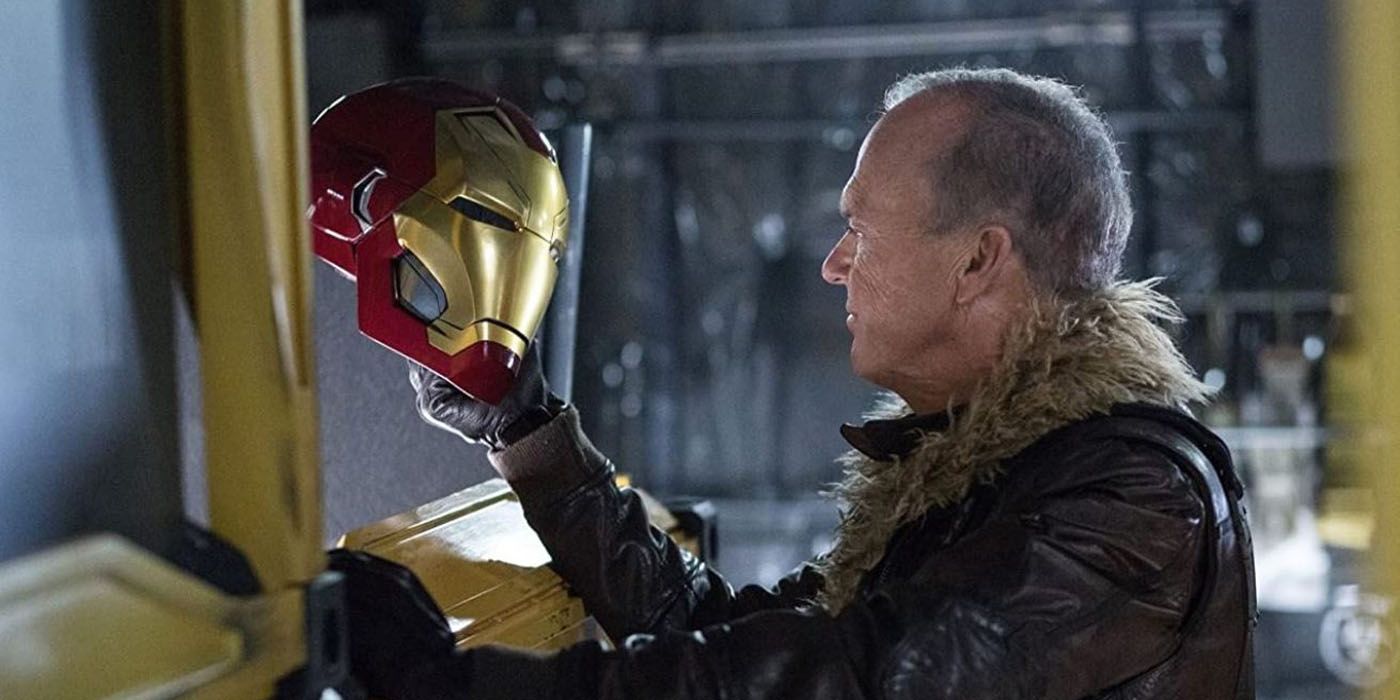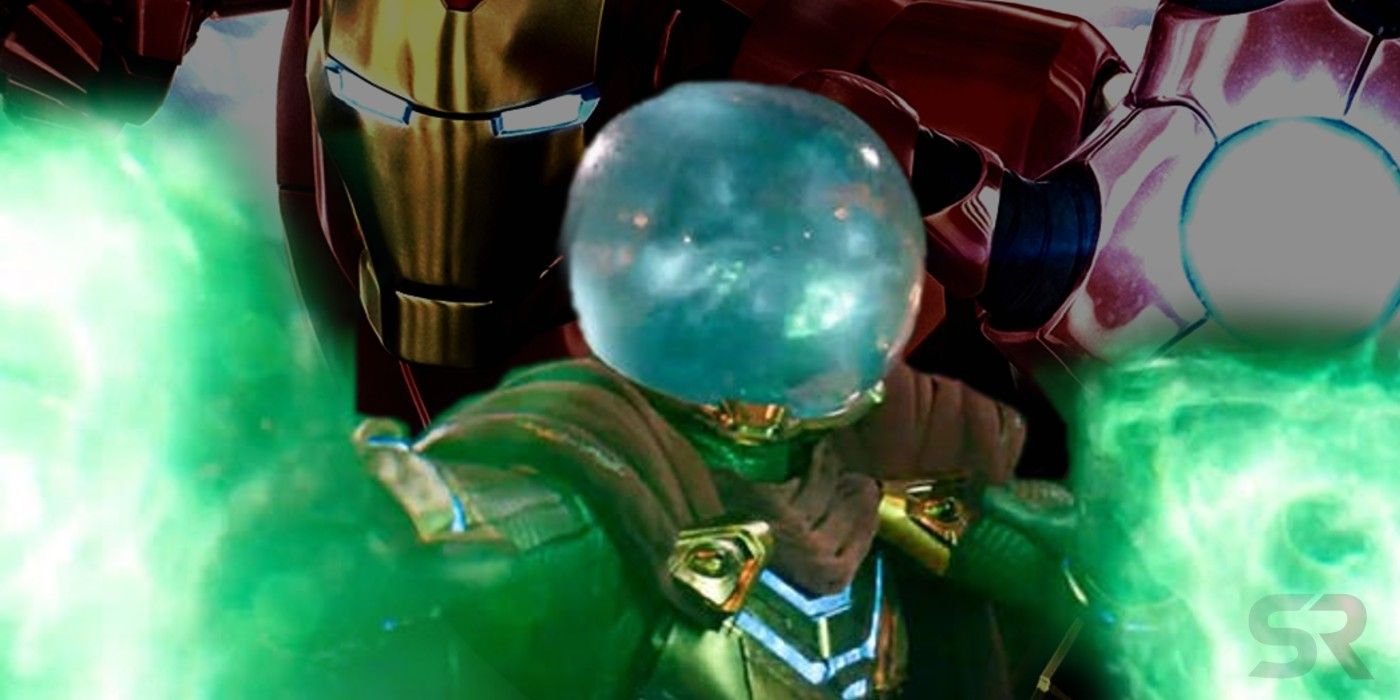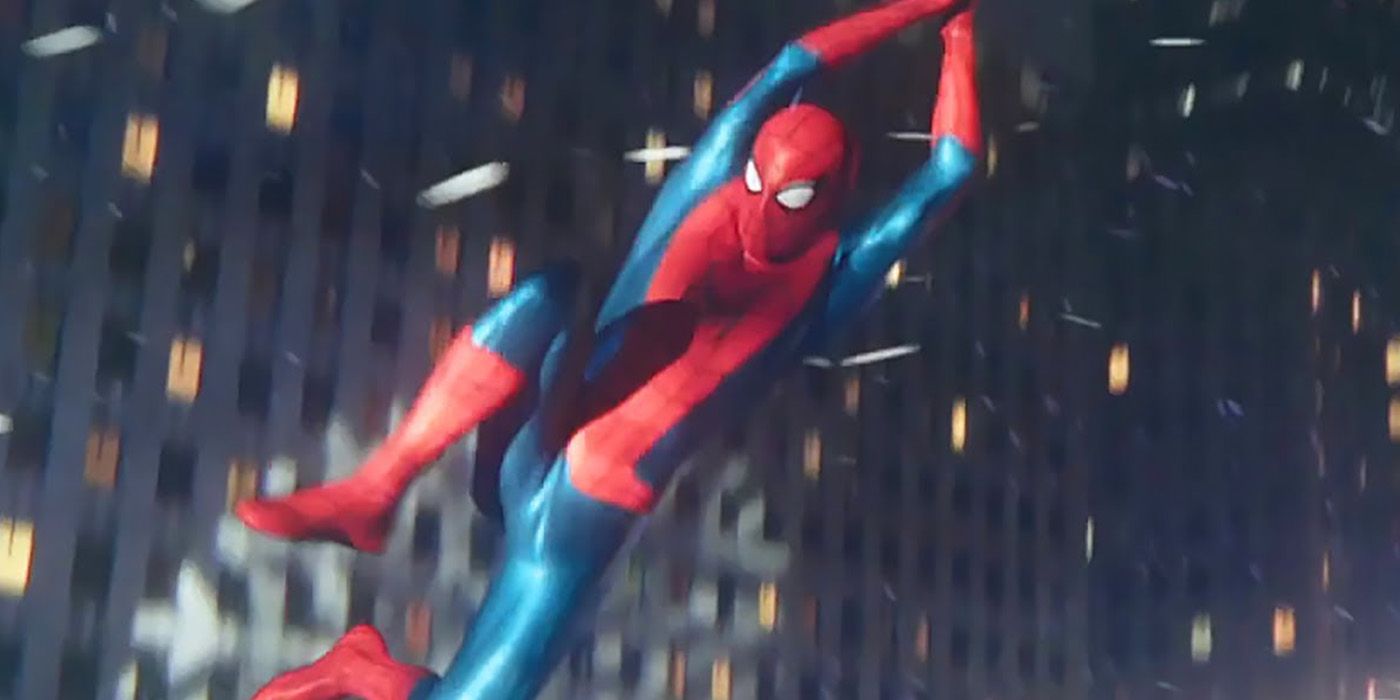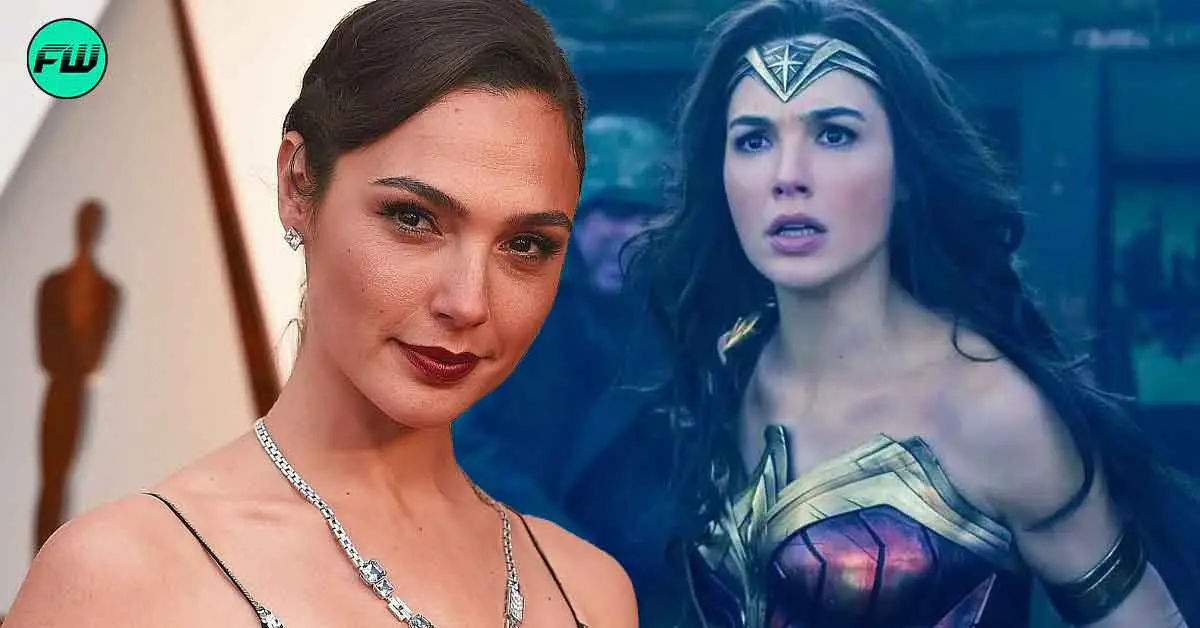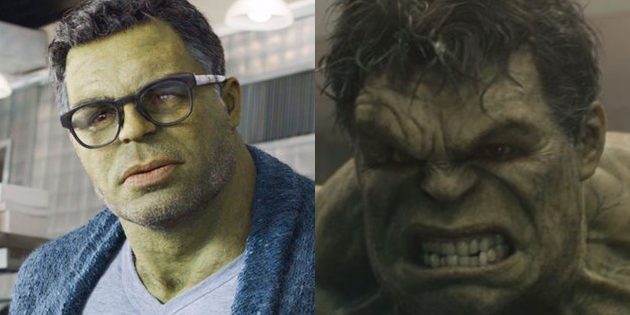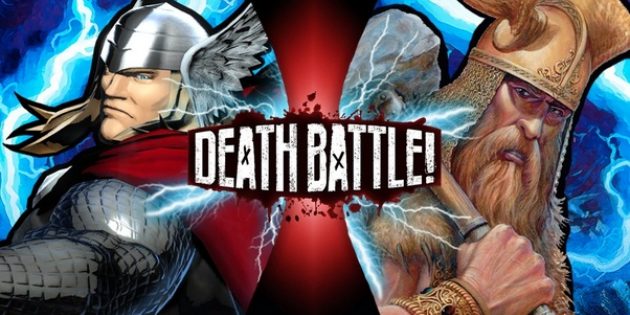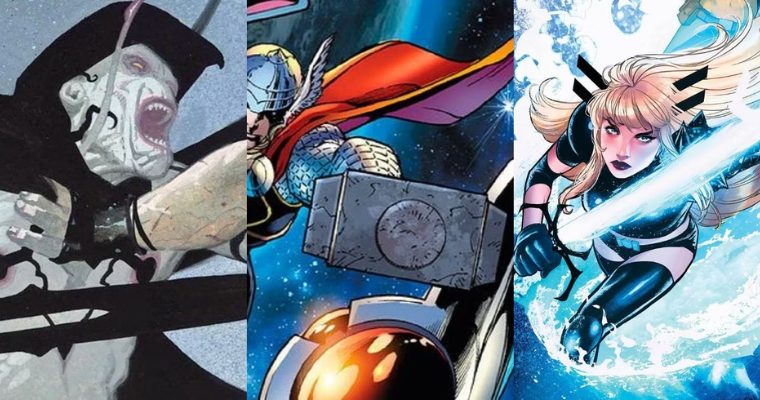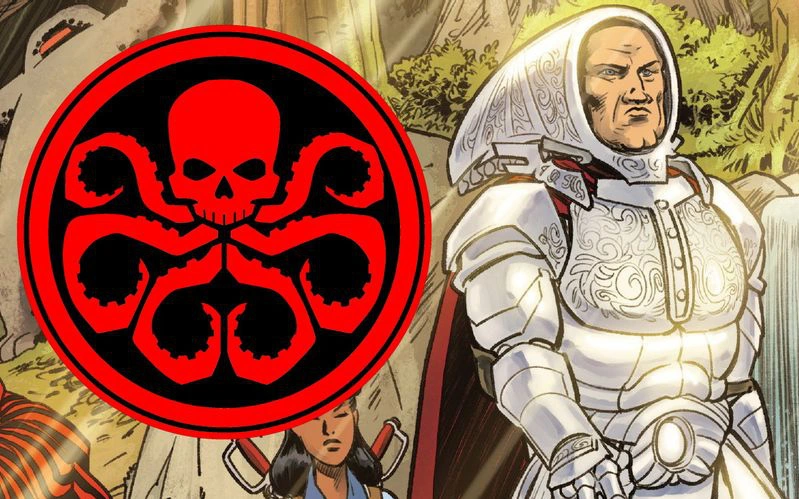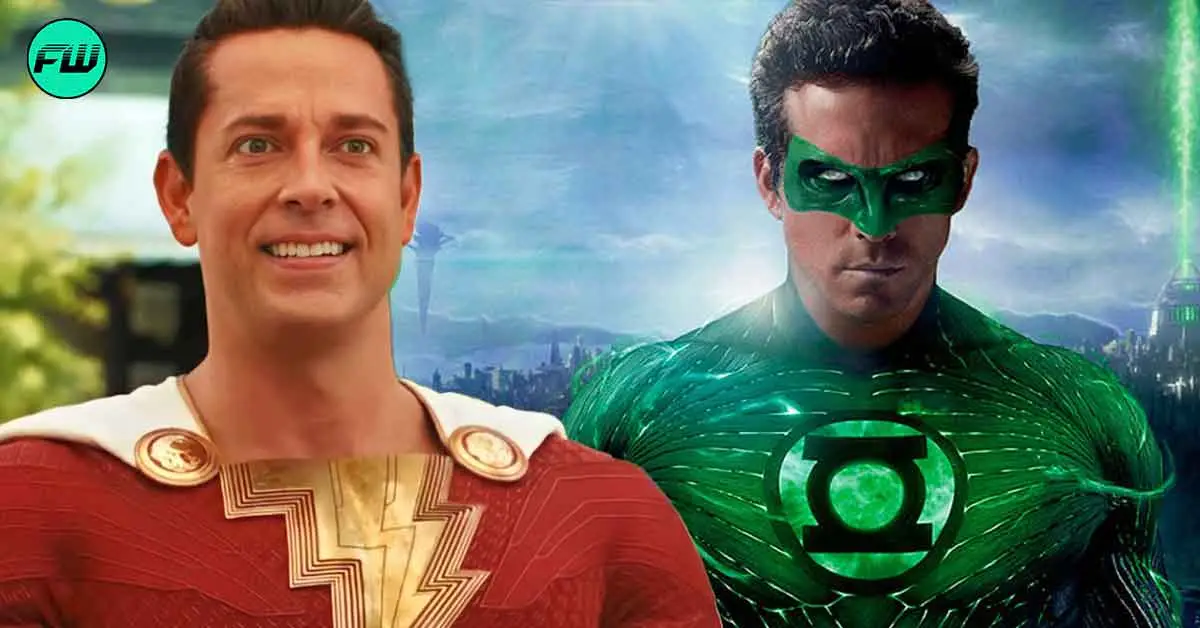In each of the MCU’s Spider-Man movies, Peter Parker had to pay the consequences for Tony Stark’s decisions, so his fate was basically sealed.

The MCU’s Spider-Man was always doomed to suffer the consequences of Iron Man’s actions. The friendly neighborhood hero skyrocketed to being one of the franchise’s most important and beloved characters shortly after Tom Holland’s introduction in Captain America: Civil War – no surprise given Spider-Man’s status in pop culture in general. Nevertheless, his tenure has been quite interesting to consider, especially in comparison to that of his Spider-Man: No Way Home co-stars, Tobey Maguire and Andrew Garfield. For better or worse, they were able to shine on their own in their series, but Holland’s Spider-Man is such a standout for his integral connection to the MCU, particularly Tony Stark.
SCREENRANT VIDEO OF THE DAYClose
Spider-Man became Iron Man’s protégé in the MCU, intriguingly stealing the opportunity from Iron Man 3’s Harley Keener and stalling his MCU future. Regardless, the two heroes had been importantly linked since long before Captain America: Civil War thanks to Kevin Feige’s clever retcon that the young boy Iron Man saves at the Stark Expo in Iron Man 2 is indeed Peter Parker. It’s no surprise Tony played a foundational role in Peter’s life as a hero, just as he did for the franchise at large. Consistently, the world paid the consequences for Tony’s decisions, and more than anyone else, Spider-Man is the poster child for such.
RELATED:1 Far From Home Deleted Scene Would Fix An MCU Spider-Man Issue
Vulture Had A Vendetta Against Tony Stark
Spider-Man was quickly, though inadvertently, caught Iron Man’s mess in his first MCU film, Spider-Man: Homecoming. Michael Keaton’s Vulture held a great grudge against Tony Stark for years, and while the villain never physically went after the hero, Spider-Man’s connection to Iron Man got him caught in the middle. Specifically, it was because Stark created Damage Control, a SHIELD replacement that’s recently become intriguingly important, to clean up in the wake of the attack on New York in The Avengers. This took good and paying work from Adrian Toomes and his crew, and given his naturally sadistic nature, he never forgave Stark for it.
Over the next few years, he used the little Chitauri technology he could keep his hand on to become the Vulture. He actually wanted to keep out of the sights of The Avengers, but with the growing nuisance of Spider-Man’s involvement and the grudge he still held, he acted brashly and couldn’t pass up the chance to strike back at Tony by stealing from the Avengers’ plane. Of course, Tony couldn’t have known the horror he would unleash, but it then became Spider-Man’s responsibility to stop the Vulture from enacting his revenge. Nevertheless, it’s someone else’s problem now that Vulture changed universes in Morbius for some as-of-yet inexplicable reason.
Spider-Man Paid The Consequences For Tony’s Actions In Civil War
Spider-Man: Far from Home utterly broke from the Spider-Man formula by Mysterio unmasking Peter to the world. This led to his actions reversing this in Spider-Man: No Way Home, and his current situation with the world entirely forgetting who Peter Parker is. This can all trace back to one Tony Stark blunder in Captain America: Civil War when Tony showed off Stark Industries’ holographic technology, reliving a key memory from his youth with the Binary Augmented Retro-Framing created by Quentin Beck. By calling it BARF, Tony set Beck on his journey to becoming Mysterio and thus sealed Peter’s tragic fate even before he ever met the young hero.
It’s sad, but Iron Man’s actions in Captain America: Civil War, whether major like supporting the Sokovia Accords and fighting Captain America or minor like calling a piece of technology BARF, all had massive implications on the larger MCU. If he hadn’t done the latter, Beck never would’ve sought revenge and set his sights on Peter as the victim. Emulating the butterfly effect, this then led to Spider-Man’s identity being revealed and Peter’s decision in Spider-Man: No Way Home, which unfortunately lead to the death of his Aunt May. If Tony had been less sarcastic and kinder, this all could’ve been avoided.
RELATED:Who’s The Third Kang In Ant-Man And The Wasp: Quantumania’s Post-Credits Scene?
Spider-Man’s Next MCU Trilogy Needs To Remove Him From Iron Man’s Shadow
It’s strange to say, given how emotionally impactful and integral their connection has been throughout the MCU, but Spider-Man needs Iron Man gone to truly thrive. Spider-Man: Far from Home focused on him engaging with Iron Man’s legacy, and Spider-Man: No Way Home on the consequences of what that brought. Spider-Man 4 can be different for the MCU, with the world forgetting Peter, giving him a fresh start. This can see him become the iconic Spider-Man shining all on his own, out of any semblance of Iron Man’s shadow, whether he’s just a street-level hero or joining the other Avengers in fighting back against Kang and his variants.
Overall, the Spider-Man: Homecoming trilogy served as Spider-Man’s MCU origin story, opening the door for Spider-Man 4 and beyond being classic Spider-Man stories. This does spell some unfortunate things for Iron Man’s potential in the future of the MCU. With Avengers: Secret Wars coming up and the multiverse unlocked, many fans are hoping there’s a way Iron Man, and specifically Robert Downey Jr’s version, can come back. Unfortunately, that might diminish his sacrifice in Avengers: Endgame. It’s best to let Iron Man rest for his own sake and the MCU overall. He deserves it – just as Spider-Man deserves to truly shine on his own going forward.



